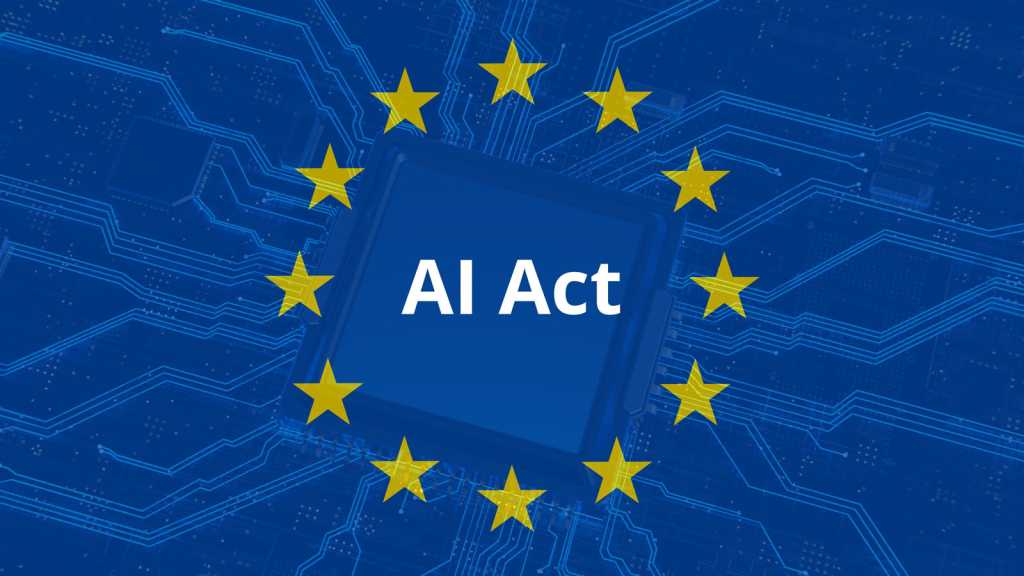AI Sentiment: Cautiously Bearish
Reason: The proposed EU regulations could hinder innovation and create barriers for startups, raising concerns about their impact on the tech sector's growth potential.
The recent guidelines proposed by the European Union regarding the regulation of Artificial Intelligence (AI) have faced significant backlash from various stakeholders. Critics argue that these regulations could stifle innovation and hinder the potential economic benefits that AI technology promises. The guidelines aim to establish a framework for the responsible use of AI, ensuring that it aligns with ethical standards and does not compromise user safety.
One of the primary concerns raised is that the stringent regulations may disproportionately affect smaller businesses and startups, which often lack the resources to comply with extensive compliance requirements. Many industry experts believe that rather than fostering growth, these guidelines could create a barrier to entry for emerging companies in the tech sector.
Proponents of the regulations argue that a robust framework is necessary to prevent potential misuse of AI technologies, including issues related to privacy and discrimination. They emphasize that ethical guidelines could help build public trust in AI systems, encouraging wider adoption. However, critics maintain that the existing proposals could be too broad and lead to unintended consequences.
Furthermore, the guidelines are expected to evolve as technology progresses, and this adaptability is crucial for keeping pace with rapid advancements in AI. Some experts suggest that a collaborative approach, involving both legislators and industry leaders, may yield a more balanced outcome. This would ensure that the regulatory environment supports innovation while also safeguarding public interests.
As the debate around these guidelines continues, it is clear that finding a middle ground will be essential. The EU must consider the implications of its regulations on global competitiveness and innovation. The path forward will require a nuanced understanding of both the opportunities and challenges presented by AI, allowing for a regulatory framework that promotes growth and protects individuals.




